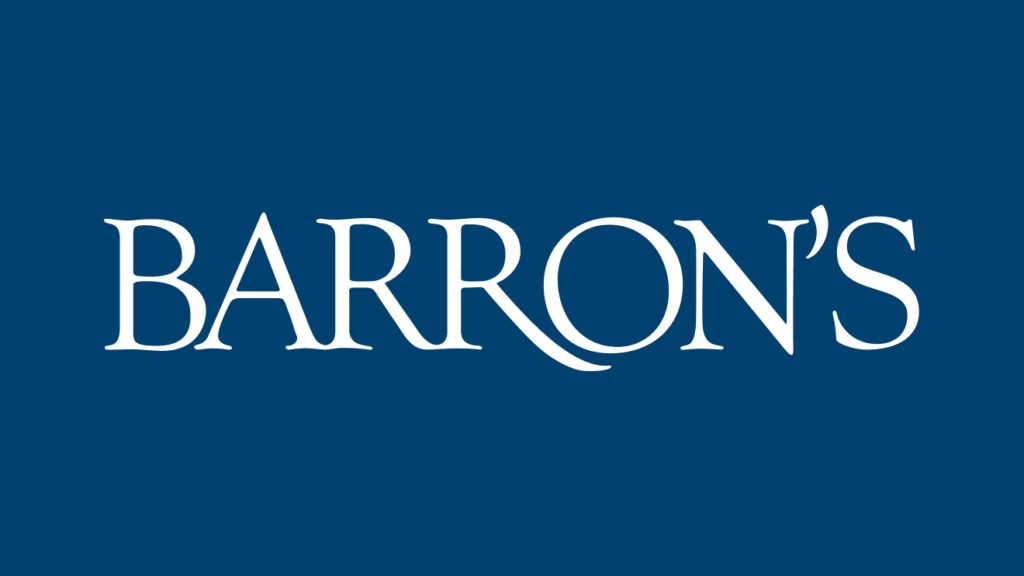After arriving in New York City penniless and illegally, Honduran soccer player Nahun Romero has realized the American dream in the Big Apple and run a successful sports school.
For a Honduran second-string player working full-time in construction in New York and coaching on the side, Romero’s soccer academy, filled with hundreds of hopeful kids, may have been unimaginable.
One of the toughest hurdles he overcame six years ago, when he had to convince parents from ultra-diverse Queens to leave their children with the former Honduran soccer player and bricklayer, who had no money or a sponsor.
“He was talking to me about starting his own business in the construction industry,” said his wife, Sarah, a real estate agent, “and I told him, why don’t you try and do something with football instead of soccer? That’s your passion.”
“We started from scratch,” recalls Nahun, now 39.
Advertisement – Scroll to continue
“Nobody helped me. My wife was the only one who was always there for me. I was coaching and also working in construction at the same time. It was really hard.”
From the start, he tried to give his little business at least a professional air, not just by structuring the training but also by buying the equipment and providing jerseys with students’ names on them when they signed up.
He also chose the name “5 Star Soccer Academy” to recall the five blue stars on the Honduran flag, which not only reflects an image of excellence but also pays tribute to his homeland.
Advertisement – Scroll to continue
“In Europe, soccer is a religion. In the United States, soccer is more of an opportunity for kids to have fun,” explained Idril Makar, a former Albanian professional soccer player who was one of the 12 coaches Romero brought in.
“But here at the academy we are trying, we are trying to develop players,” he said.
With players of more than 50 nationalities and Albanian and Gambian coaches, 5 Star Soccer Academy reflects New York City’s most international neighborhood, Queens.
Advertisement – Scroll to continue
“When I went to watch them practice, I loved it,” said Edgar Urgiles, father of 12-year-old Jayden, one of the standout players on the U-13 team. “They’re professionals.”
The midfielder, who was born in his mother’s native Uzbekistan to an Ecuadorian father, has played in the academy for six years and considers it a “good foundation”.
Practice matches help build discipline. “I hope that one day one of these players will become a professional soccer player,” Romero muses.
Advertisement – Scroll to continue
After years of trying, he acquired a plot in Astoria Park, in the shadow of the RFK Bridge, which connects Queens, the Bronx and Manhattan.
Between this location and another further south, the academy has grown from three kids to nearly 500, who are starting out competing in youth competitions for kids up to age 13, the academy’s capacity.
Romero offered affordable prices compared to other parts of New York: $180 for two-and-a-half months of lessons, compared to thousands of dollars a year charged by other football schools.
Advertisement – Scroll to continue
“We all know that dreams can come true if you work hard enough, and I can attest to that,” Romero said.
He arrived in the United States after a three-month journey through Guatemala, Mexico and Texas.
After being forced to keep a low profile, he had to wait 18 years before he was able to obtain a residence card and finally reunite with his parents.
“I’m really happy to have come out of the slums and come here. I want to make my family proud,” he said. “This is just the beginning.”
tu-mdl/mlm/dw

